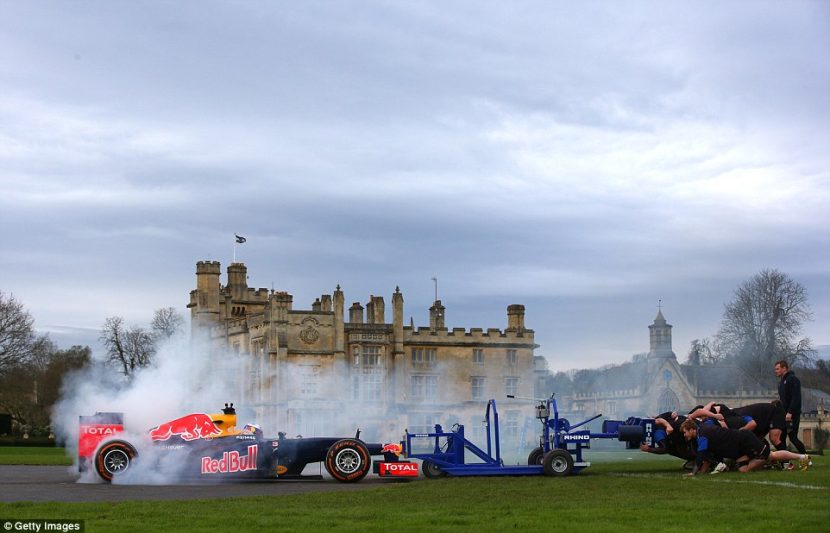By Priscilla Jepchumba Eddie Jordan is revolutionizing the rugby scene with a bold initiative to establish a worldwide club network, drawing inspiration from the achievements of the City Football Group. With £486 million at his disposal and a lineup of rugby legends, he is targeting clubs like London Irish that are in financial distress. As […]


By Priscilla Jepchumba
Eddie Jordan is revolutionizing the rugby scene with a bold initiative to establish a worldwide club network, drawing inspiration from the achievements of the City Football Group. With £486 million at his disposal and a lineup of rugby legends, he is targeting clubs like London Irish that are in financial distress. As he merges F1 innovation with rugby heritage, could Jordan’s aspirations open doors for a more prosperous future in the sport?
Jordan, an acclaimed F1 mogul, is launching this ambitious endeavor to create a multi-club rugby structure similar to the City Football Group in soccer.
Recent developments indicate that Jordan’s project involves rugby greats like Bobby Skinstad from South Africa and Andrew Mehrtens from New Zealand. Their main aim is to take over London Irish, a club facing severe financial obstacles, including more than £30 million in debt since June 2023.
Moreover, they are considering acquiring the French club AS Béziers Hérault, potentially signaling the dawn of the first global rugby club network. Supported by Strangford Capital from Northern Ireland, where Jordan acts as an investor and advisor, their ambitions stretch beyond Europe, with hints of plans to secure additional teams in South Africa and Australia to establish a worldwide footprint.
What distinguishes this initiative is Jordan’s significant F1 experience, offering him a distinct viewpoint on leading high-performance teams and managing international sports regulations. The fusion of innovative F1 techniques with established rugby methods could signal the beginning of a new chapter in sports management.
Yet, the road ahead is laden with obstacles. Competing interests are pursuing London Irish, notably Hokulani Ltd, which has made an offer of over £20 million. Additionally, regulatory issues are imminent, requiring consultations with the Premiership and EPCR regarding the ownership of multiple teams involved in European competitions.
Jordan’s foray into rugby comes at a crucial time as the sport faces financial hurdles. His vision for a structure resembling the City Football Group could bring essential revenue channels and operational efficiencies that rugby union has yet to realize.
With three rival groups now vying for London Irish, Jordan must accelerate negotiations. The success of this venture may establish a benchmark for future models of sports ownership, potentially blending traditional rugby principles with modern business tactics.














